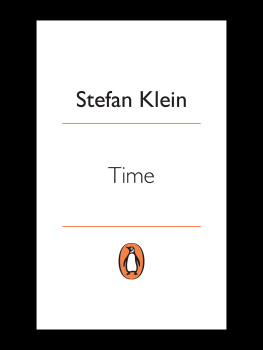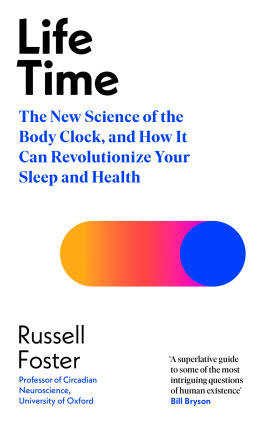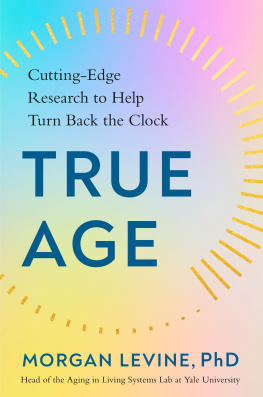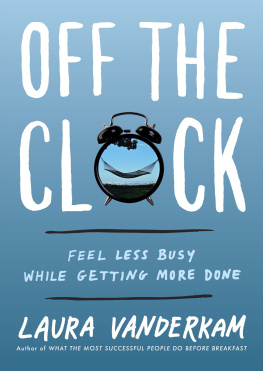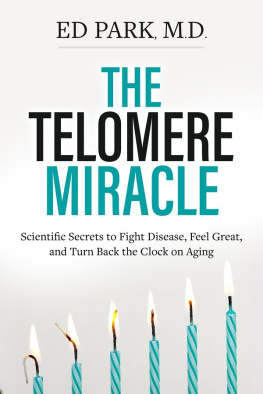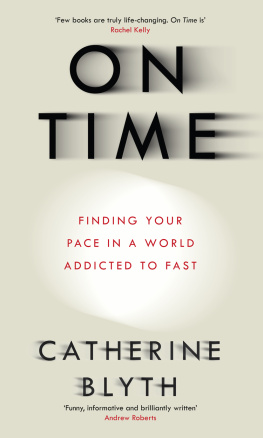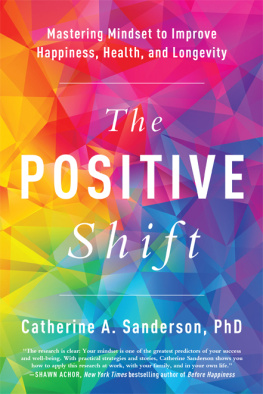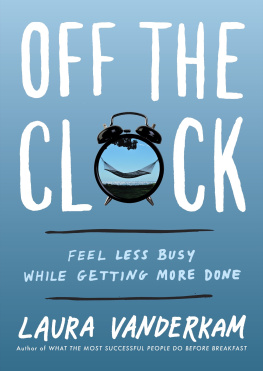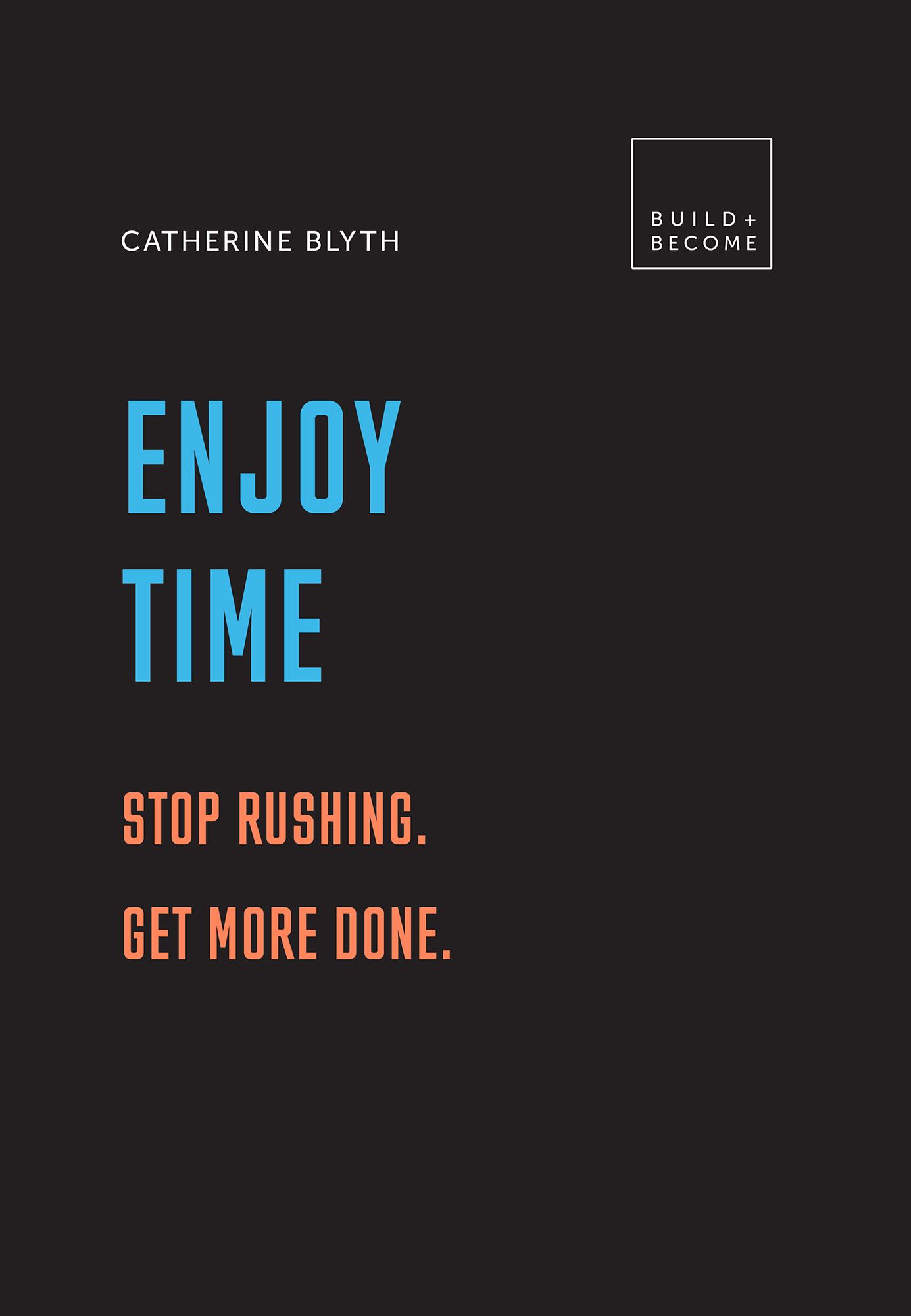ENJOY TIME
STOP RUSHING. GET MORE DONE.
CATHERINE BLYTH

INTRODUCTION
Enjoy time. Does this suggestion strike you as silly? Its certainly counterintuitive. Generally, we think of time as a commodity (and sadly theres never enough), or a bully (time is pressing), or a faithless lover (there it goes, running out, just when you need it most). We need to make time, spend time, save time, but if by chance we find ourselves with extra time on our hands, then we had better find a way to kill it.
Time is also a vessel that we try to stuff with as many events and efforts as possible, whipped along by our never-ending, ever-expanding, 24/7 to-do list. In fact, many of us are so busy chasing the clock, trying to get up to speed with what we ought to have done, that the notion that time itself might be enjoyable something sensual, expansive, to curl up in and savour sounds worryingly like another task to add to that guilt-inducing list.
Yet shouldnt we enjoy time? After all, its the stuff of life, and in theory we have more time than ever to play around with. Medical and nutritional advances mean that were living longer than any humans in history, and technology has transfigured the texture and possibilities of what we consider ordinary life. Every moment bursts with potential miracles when space-time barriers fold in the face of a fully charged smartphone. Armed with one of these pocket time machines to teleport your thoughts, desires and cash, you can perform countless complex operations, pretty much instantly, whenever and wherever you please. Friendships, sex, news, culinary discoveries, musical collaborations, scientific advances, fanbases and business empires mushroom at breakneck speed in the ether of the Net. Better yet, you dont even have to get out of bed, never mind leave home, to join the party.
In these and many more ways your relationship with time has been transformed. Yet this is exactly why it can be difficult to enjoy it.
Another way of looking at the impact of these rapid alterations to everyday experience is that we are under siege. Our attention spans, our desires, our working hours are being bombarded and blasted, splintered and bent into unfeasible shapes by the spiralling, mind-melding distractions, opportunities and obligations that come of living in a blizzard of choice. And the pace of change has left us ill-prepared to grasp and mitigate for the effects on us. Why else does your to-do list keep growing, no matter how hard you prune it? Worse still, multiplying choices can multiply regrets, since for every thing that you decide not to do there is potentially a gnawing legacy the fear you might have missed out.
Maybe you feel liberated from the restrictions of the past. But freedom weighs heavy if you are glutted. Now that the boundary between work and home, public and private, is perforated by communication technology, guarding the time to call your own is itself a time-consuming challenge.
Another obstacle to enjoying time is that the more you consider it, the trickier this elusive thing is to grasp. You cant taste time, or smell it, or hold it. Is it a management tool, a cosmological fact, a stick to beat yourself with, or an intellectual technology that imposes order on the chaos of existence, making life seem like something greater than one damned thing after another?
To me, time is not the enemy. It is all of the above and more nothing less than humanitys greatest invention. But on a practical, day-to-day level, it is two things: the measurable dimension of being alive, and an organizational device, a bit like a compass. The compass helps you to navigate the dimension: to orientate yourself, to coordinate with others, and to plot your future.
Each of us is a time machine. Unique among the animals, we can remember our past, be conscious of this moment right now! as our present, and we can cast our minds ahead to the near and distant future. This lets us see life as a journey, with a direction and destination, empowering us to be so much more than the sum of our daily grind. When we think about who we are, we are all the times of our lives. This is times finest gift to us. It is also why enjoying time is not a simple question of being more productive, or of seeking ways to escape its pressures.
So dont be times servant. Let it be your friend on this one-way journey through life.
Each of us is a time machine. We can remember our past, be conscious of this moment right now! and cast our minds ahead to the future. This lets us see life as a journey.
HOW TO USE THIS BOOK
This book is organized into five parts and 20 lessons covering the key challenges of time and how to manage it.

Each lesson introduces you to an important concept,
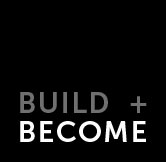
and explains how you can apply what youve learned to everyday life.

As you go through the book, TOOLKITS help you keep track of what youve learned so far.

Specially curated FURTHER LEARNING notes give you a nudge in the right direction for those things that most captured your imagination.
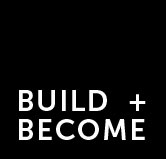
At BUILD+BECOME we believe in building knowledge that helps you navigate your world. So, dip in, take it step-by-step, or digest it all in one go however you choose to read this book, enjoy and get thinking.
TIME IS NOT MONEY.
TIME IS YOUR LIFE.
LIVING IN A RUSHOGENIC WORLD
LESSONS
How the world is speeding up, leading you to undervalue your time.
Why youre hung up on busy.
The best and worst marketing tool ever invented.
What are you doing to your body clock?
Thanks to technology our relationship with time has altered profoundly. As the linear and sequential are displaced by the instant and simultaneous, this is transforming not only what we can do but who we are.
History tells the story of times extraordinary power to change lives. Over the past two millennia, innovations in timekeeping acted as an evolutionary accelerant, driving social change. The more precise and ingenious our clocks became, the more precise and ingenious humankind could be. Think of John Harrisons invention of a maritime chronometer with steady enough sea legs to enable ships navigators to identify longitude as they traversed oceans opening up trading routes, reshaping civilization.


